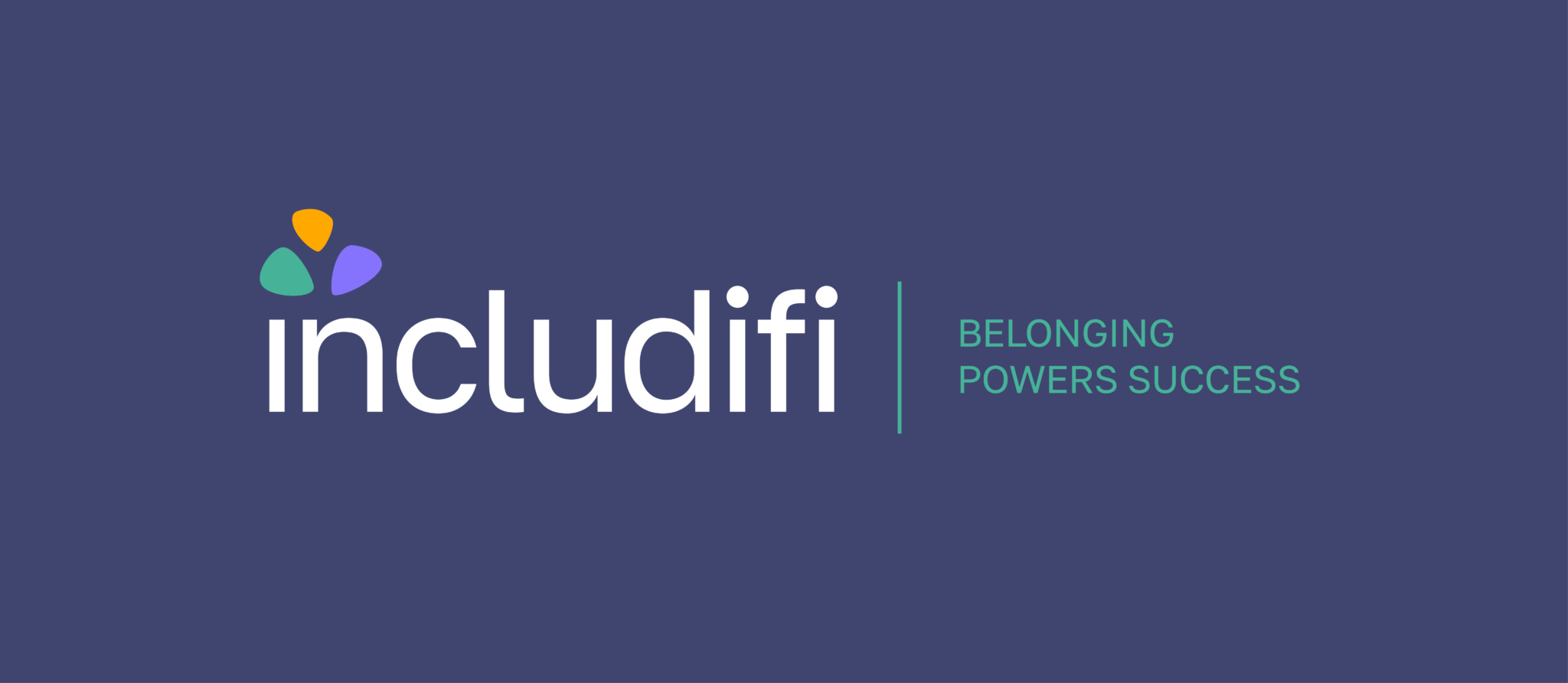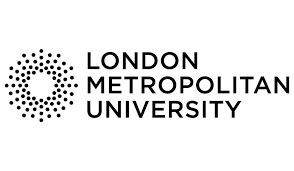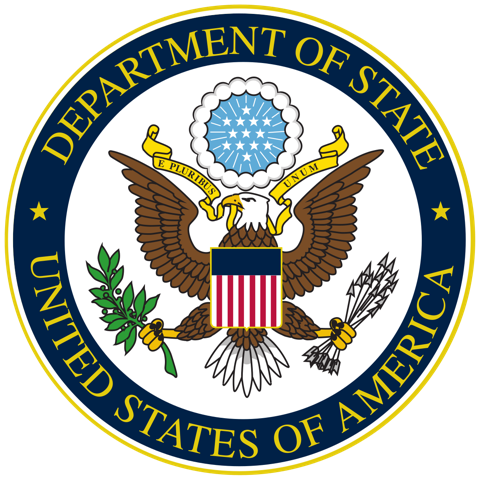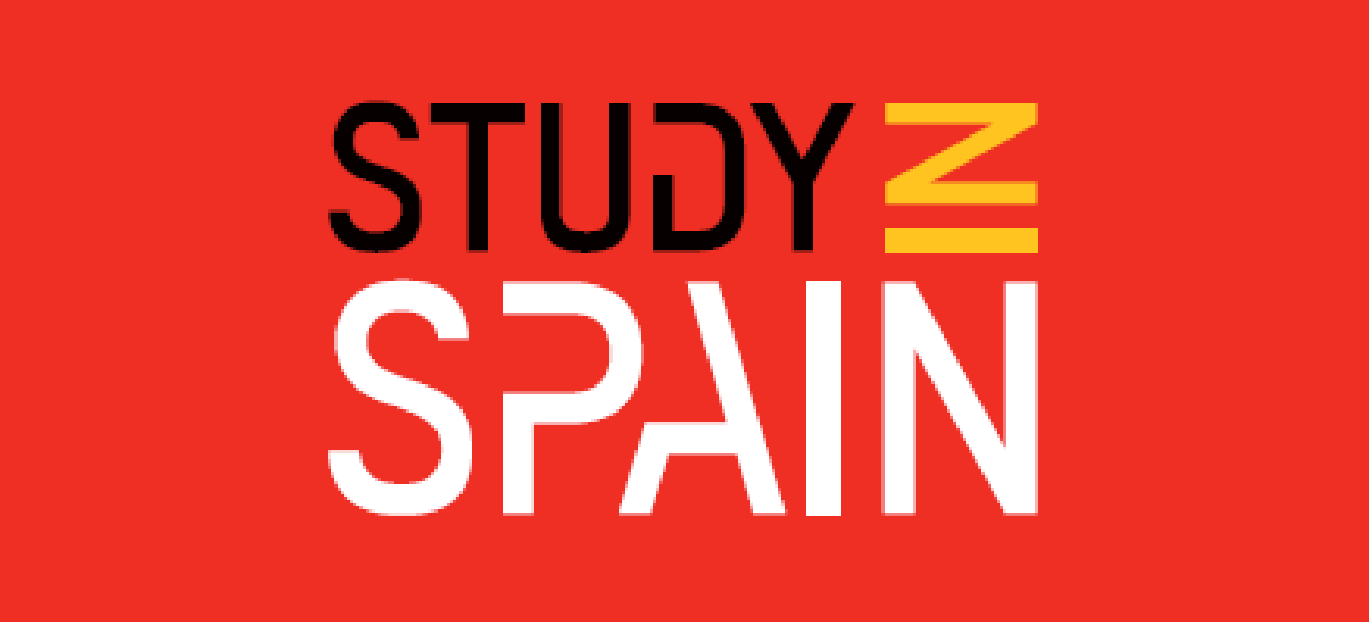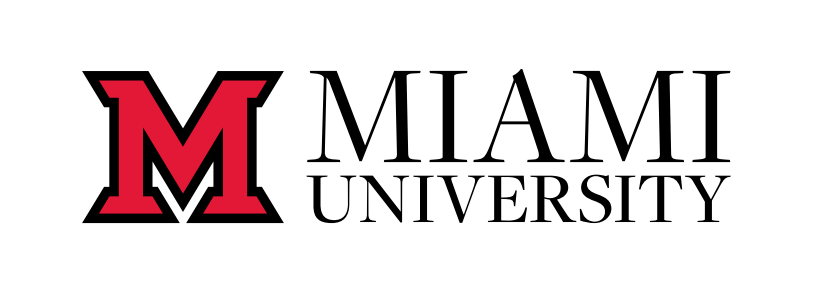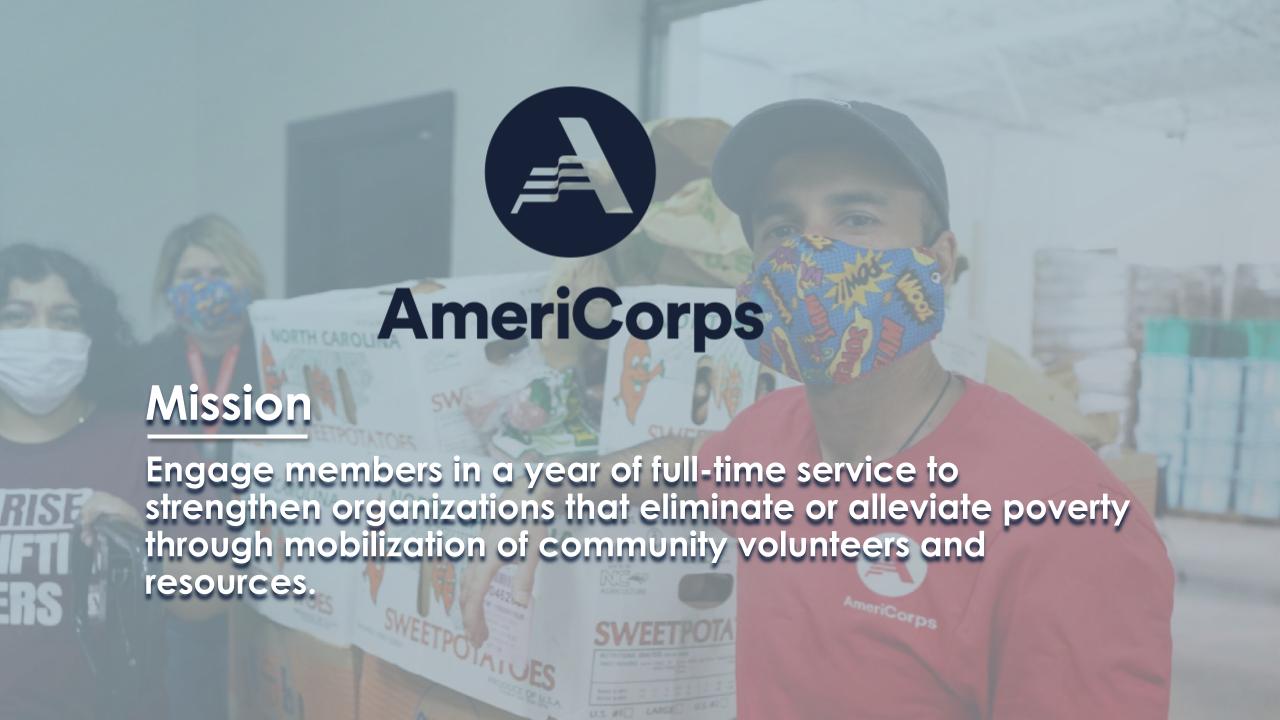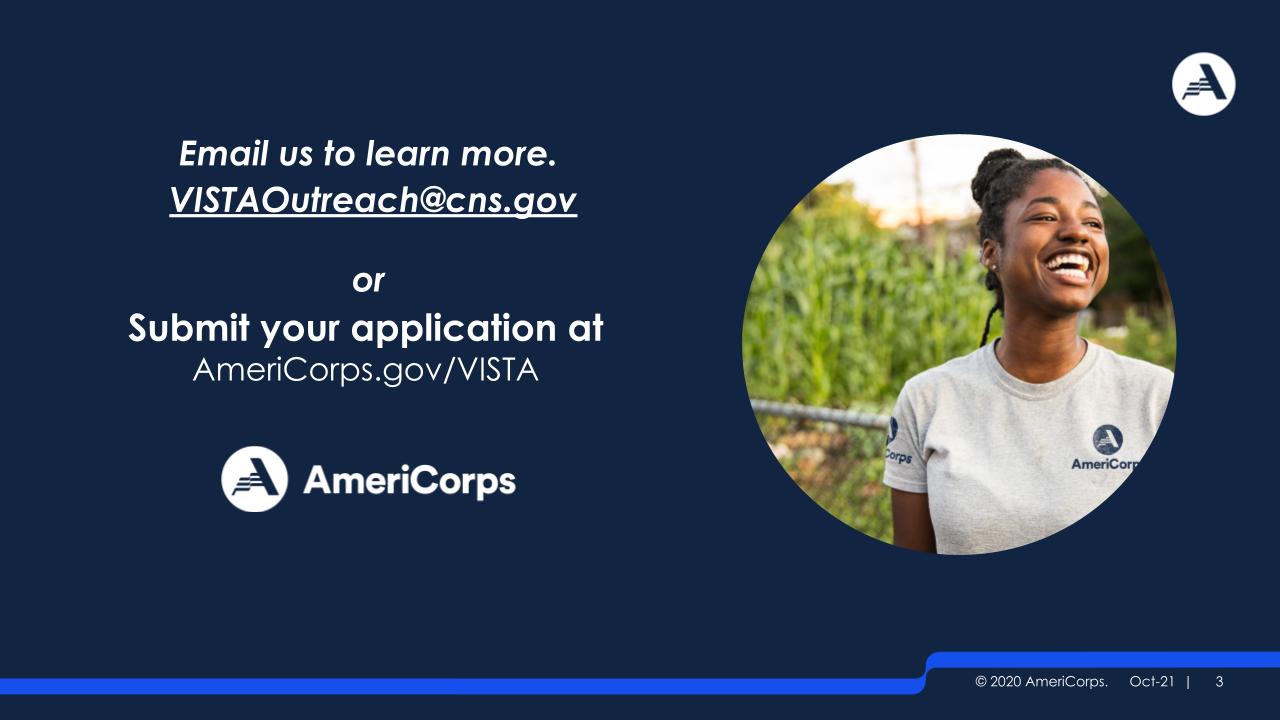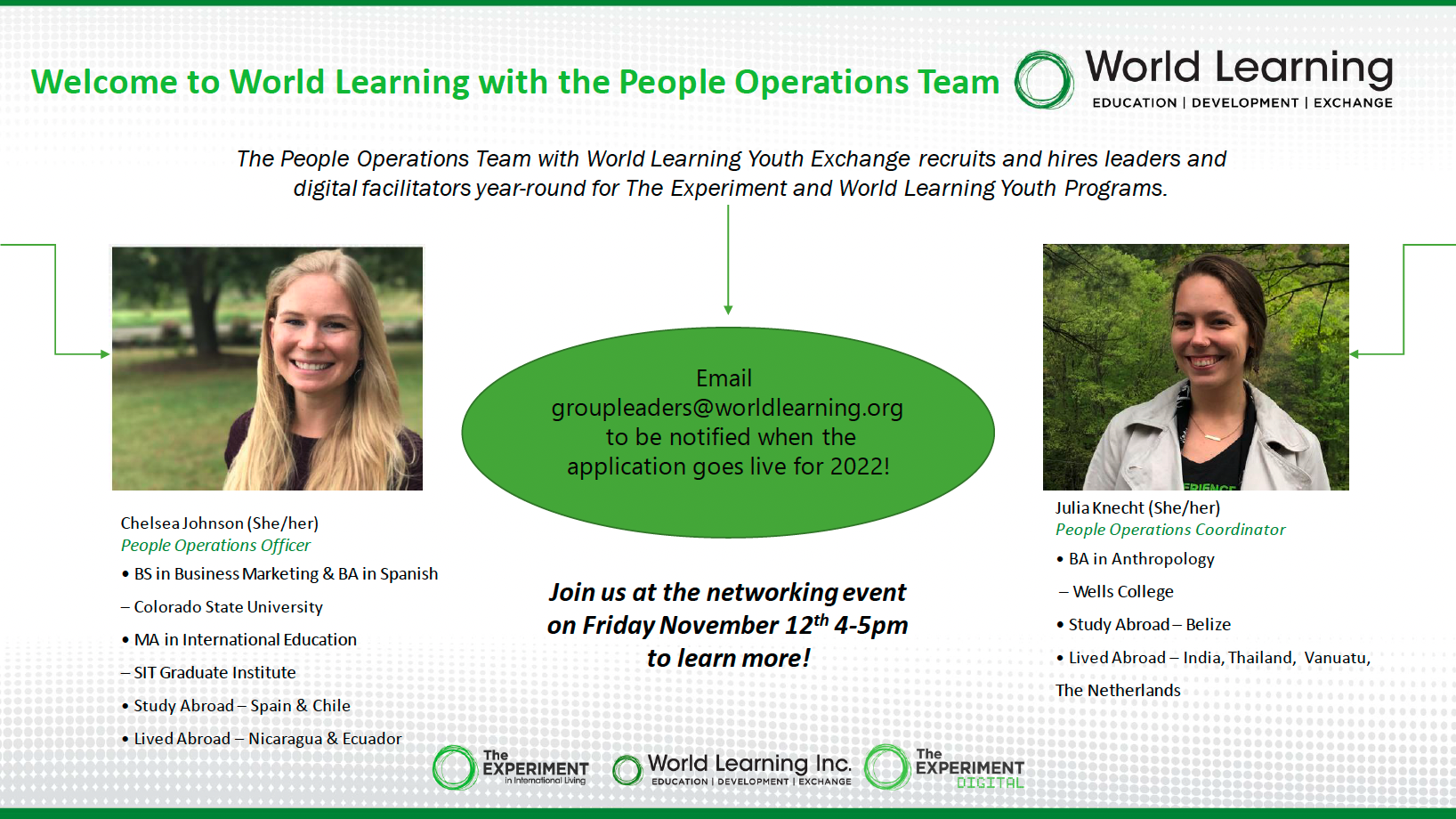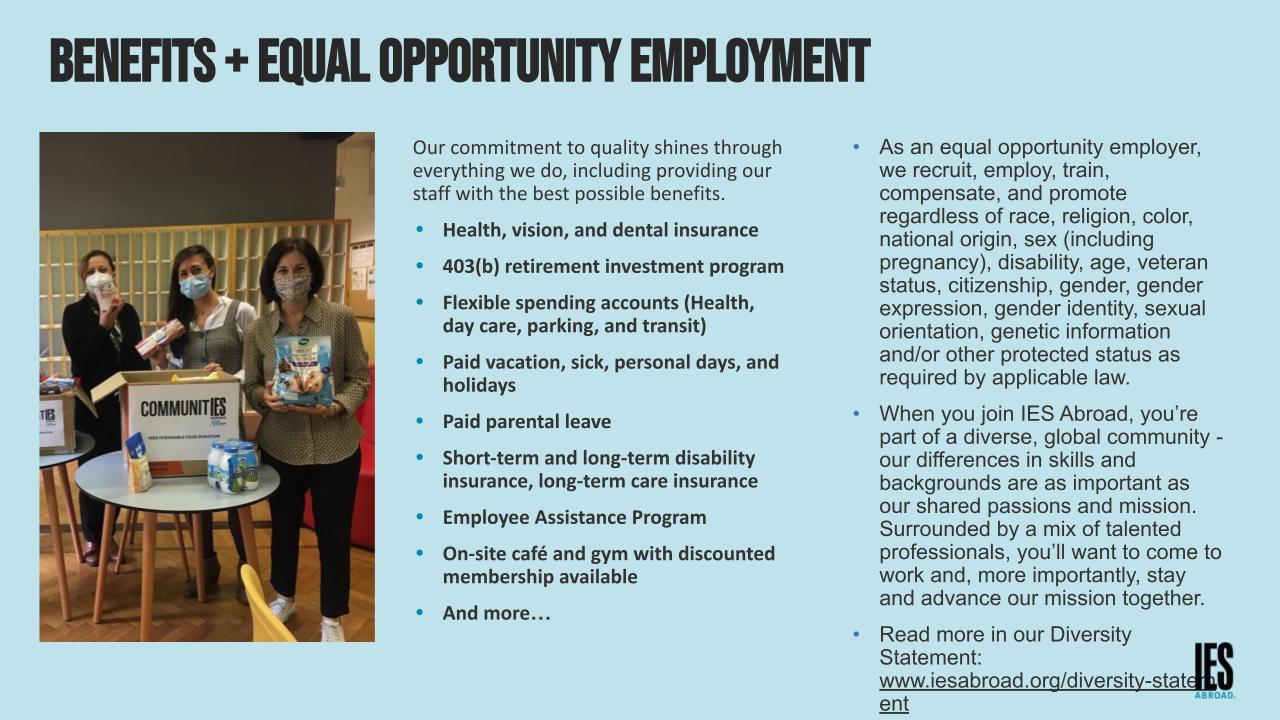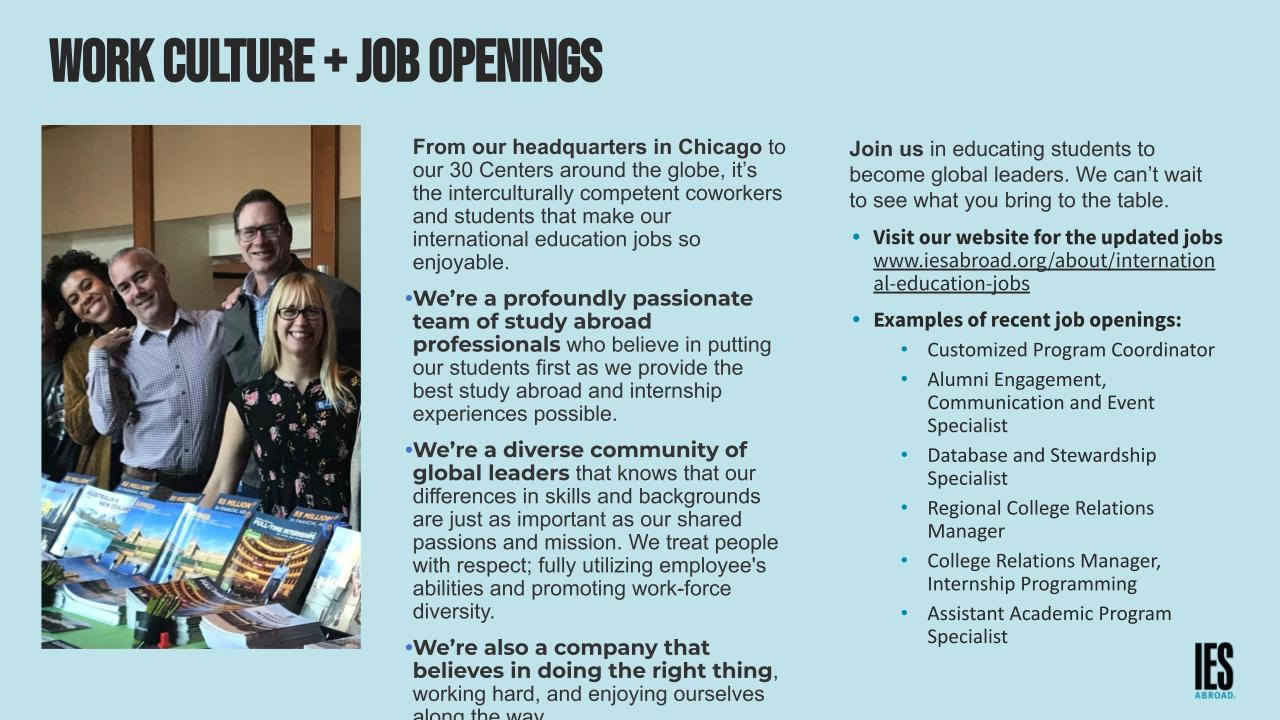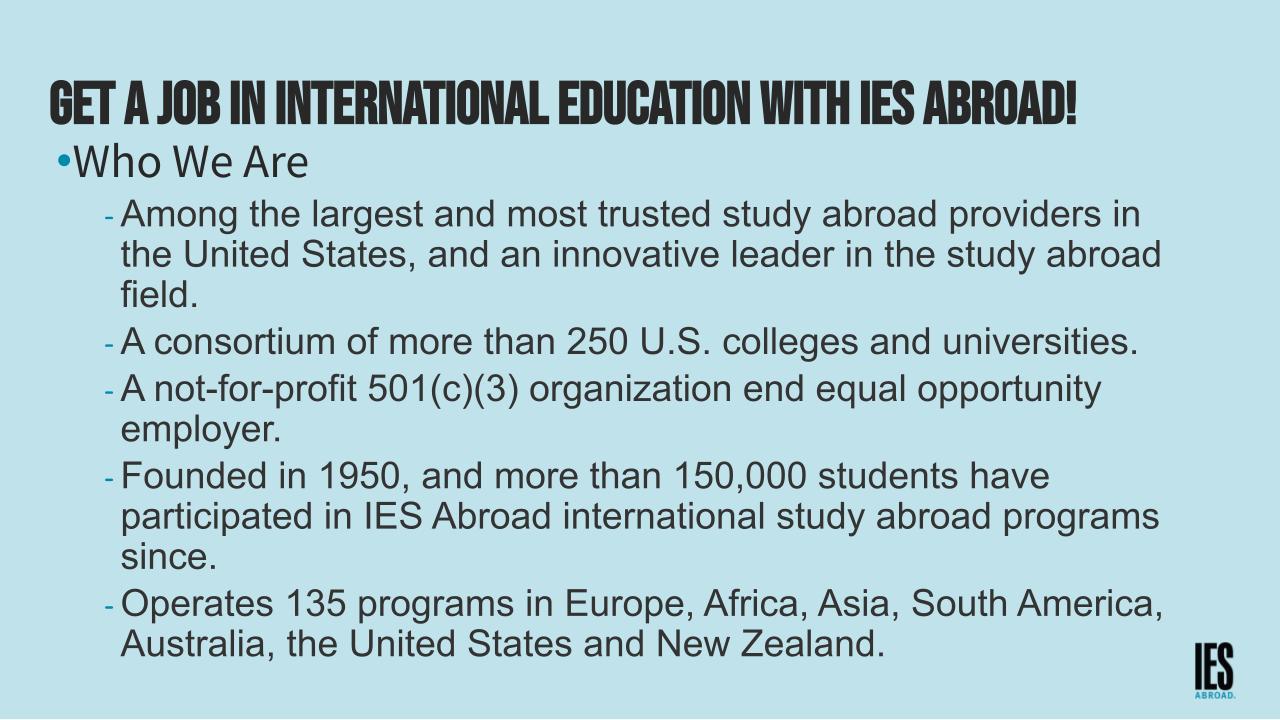Tuesday, October 4
| Time | Session |
| 8:00 - 5:00pm | Registration Open |
| 8:00 - 1:00pm | Pre-Conference Workshops
Two critical components to building and organizational culture that prioritizes DEI are strategy and leadership. This workshop will focus on how leaders can identify structural inequities in the workplace and advance more inclusive policies and practices to affect institutional and organizational change. Participants will have the opportunity to reflect on their own sphere of influence and walk away with practical tools and strategies to use when they return to the office.
Presenters:
- Eduardo Contreras - University of Portland
- Kory Saunders - AIFS
Education Abroad relies on a conventional toolkit of instruments - from insurance products, waivers, and travel warnings to orientation programs and bespoke healthcare - to mitigate risk and support the health & safety of student travelers that historically neglects the needs of marginalized student groups. While student health and safety are a priority, the standard approach perpetuates this marginalization ignoring the variety of social factors that challenge historically underserved students abroad - and on our campuses - in various cultural settings. This workshop will examine health, safety, and security from an inclusion and equity lens using case studies and reflective activities, while providing tools participants can take back to their own institution to work toward creating more inclusive health, safety, and security plans and policies, while working toward a duty of care that centers the marginalized.
Facilitator(s):
- Mark A. Beirn (he/him),Global Risk Manager, Study Abroad Center | Office of Global Engagement, University of California, Irvine
- Maria R. Segala (she/hers) Data & Operations Administrator/Department Co-Lead of Diversity, Equity, and Inclusion Efforts, MIT
- Melanie Mala Ghosh (she/hers) Associate Dean, Tufts Global Education, Tufts University
- Elisabet Raquel García (she/they) Global Education DEI Specialist, Access Equitable Education
Comprehensive internationalization can be a compelling strategy to embed global learning and opportunities throughout an institution. However, unless diversity, equity, and inclusion are considered from the outset, internationalization efforts may inadvertently replicate and reinforce oppressive and exclusionary practices in education. Participants will leave with a better understanding of how to approach internationalization from a DEI lens and walk away with practical tools and strategies to use when they return to the office.
Facilitator(s):
David Wick, Ed.D. - Middlebury Institute of International Studies
|
| 11:00am-12:30pm | Optional Mural Walking Tour in the Mission District |
| 12:00-5:00pm | Exhibitor Set Up |
| 2:00-3:00pm | Special Sessions
Interested in exploring strategies for maximizing Diversity Abroad member resources & benefits to meet your diversity and inclusion goals? Whether you are new to Diversity Abroad's consortium or a veteran member, this session will provide an overview of Network resources available to you as a Diversity Abroad Member.
Presenters:
Jinous Kasravi, PhD, Director of Membership and Community
Diversity Abroad is growing and has been working on exciting new services and resources over the past year. This session will provide a short overview of organizational resources, membership as well as important updates and opportunities to stay engaged with Diversity Abroad throughout the year.
Presenters:
Enrique Sondakh-Dorantes - Partner Success and Outreach Manager, Diversity Abroad
First time attending the Global Inclusion Conference? Find out how to make the most of your conference experience.
|
| 5:30 - 7:00pm | Open Plenary with Deepa Iyer |
| 7:00 - 8:30pm | Welcome Reception |
Wednesday, October 5
| Time | Session |
| 7:00 - 5:00pm | Registration Open |
| 8:30 - 9:30am |
Network with conference attendees over breakfast and thematic topics including:
- International Education DEI Professionals
- International Student Success
- Regional Topics in Asia & the Pacific Islands
- Regional Topics in Europe
- Regional Topics in Latin America & the Caribbean
- Regional Topics in the Middle East & Africa
- Strategy & Leadership
- Career Advancement & Belonging
- Inclusive Education Abroad
|
| 8:30 - 10:00am | Exhibitor Fair / Coffee & Light Breakfast |
| 10:00 - 11:15am | Deep Dives
While many describe virtual exchange as an accessible and inclusive global education opportunity, there are still many steps that practitioners must take to ensure that a diverse group of young people are able to fully and equitably participate in a program. During this session, two virtual exchange alumni will share their perspectives on the importance of making virtual exchange accessible to and inclusive for young people representing communities traditionally marginalized from international education. Based on their experiences in virtual exchange, they will recommend best practices, identify potential barriers, and share other advice. Following the panel discussion, attendees will join breakout rooms to discuss DEI implications for their own virtual exchange.
Presenters:
-
Haili Lewis – The Stevens Initiative at the Aspen Institute
-
Whitney Brooks – U of Michigan, BFA in Art and Design
-
Ariel Gravino – Arizona State University
As practitioners in International Education operating within a US-centric framework, we are either complicit in upholding antiquated ways of being or actively changing how the field engages stakeholders and supports participants. Our language is rooted in the power dynamics that govern our society and through the simplicity of dichotomies and acronyms we are taught to create “us” vs. “them” and black/white value judgments related to all aspects of life. Attendees will boldly participate in exercises designed to assess conscious and subconscious biases to examine how we may unknowingly uphold and model an inequitable and outdated status quo. How do we unpack dichotomies and embrace complexities? Why is exemplifying trustworthiness and appreciation to and for students and colleagues worldwide important? Join us to learn more.
Presenters:
- Randeep K. Kullar – Institutional Relations, CAPA: The Global Education Network
- Maraina Montgomery – Study Abroad, University of Portland
Session Sponsor

In recent years, higher education has been re-envisioning global education, shifting from a primary focus on student mobility to supporting learning outcomes that are pursued in many ways, that facilitate equitable collaboration across cultural and geographic boundaries for the global good, and that support post-graduation employment/education. In addition, campuses seek to increase the number and diversity of students who participate in global learning. Such efforts require substantially new types of activity within study abroad offices. This session will offer a case study of how the UC Davis Global Learning Hub is supporting a campus Global Education for All initiative by working through partnerships and at the intersection of advising/career preparation, programming that taps campus cultural wealth, and faculty professional development.
Presenters:
-
Zachary J. Frieders – Global Affairs, UC Davis
-
Aliki P Dragona, PhD – Global Affairs, UC Davis
-
Paula Levitt – Global Affairs, UC Davis
- Janice Tse - Global Affairs, UC Davis
Bringing our JEDI lens to the first steps of program design and review will help our faculty-led programs be more inclusive, impactful, and successful. This session will facilitate discussion that encourages participants to think critically about inclusive practices in faculty-led programs, and provide a framework for comprehensive program design and evaluation to meet the needs of all participants in study abroad. Sample proposals will be reviewed, discussed, and edited in teams to ensure that the goals of DEI are clear in the intention, design, and execution of the program. Upon completion of this session, participants will be able to develop or review program proposals based on how well a program has been designed to meet the diverse needs of underrepresented students and visiting faculty abroad.
Presenters:
- Emily Resnevic – Institutional Relations, CAPA: The Global Education Network
- Meisha Swaby – Northeastern University
Session Sponsor

Attendees of this session will explore the Peace Corps approach to using the D.I.V.E. model in order to prepare both Peace Corps staff and Volunteers to navigate intercultural situations while serving and living abroad. Attendees will learn how to apply the model to their own organizational context. Attendees should come prepared to interact with each other in small and whole group discussions. The presenters will leave time at the end of the session for Q&A.
Presenters:
- Ashley M. Moultrie – Peace Corps
- Daniel J. Hinkle – Peace Corps
In 2020, IFSA launched the “You Belong Here” initiative to enhance focus on inclusive practices within our organization. Now in our second year, we are pleased to share our learning and experiences, focused on an innovative professional development program for staff that enhances our working relationships and prepares us to positively impact our communities, those that we work with, and especially the students we serve. The Program is designed with an inclusive approach to all elements, considering feedback from our multiple stakeholders, emphasizing ongoing relevance and sustainability, including returning for the 2024 Global Inclusion conference to share the results we achieved and additional best practices for others to leverage.
Presenters:
- Danny Gibbons – IFSA
- Lenka Wieluns – IFSA
Currently, 5% of refugees enroll in higher education, far below the global average of 39% for non-refugees. UNHCR, along with the global education community has set a goal of 15by30; 15% of refugees will access higher education by 2030. Yet, as new conflicts and crises continue to drive displacement of individuals from their homes, this target becomes ever more challenging, but also more critical.
As universities continue to embrace inclusion and access in their post-pandemic internationalization efforts, considerations must be given to refugees. In this session, we will share foundational information on challenges faced by refugees, highlight case studies of institutions intentionally including refugees in their globalization efforts, and engage participants in breakout discussions on how to incorporate refugee students in university globalization strategies.
Presenters:
- Linda Liu – College Board
- Habso Mohamud - Muina International Education
- Kyle Farmbry, JD, PhD – Guilford College
As international educators work to diversify study abroad by centering access, justice, equity, and inclusion, scholarship programs intended for diverse students are an important part of these efforts. However, scholarship applications, eligibility criteria, scoring rubrics, and scholarship program design must be approached strategically to remove access barriers and ensure we're meeting our aims. This deep-dive session will equip attendees with a toolkit of application models, examples of holistic rubrics, and innovative scholarship program design informed by practices from a large Minority Serving Institution, a nonprofit scholarship organization, a fellowship program, and a study abroad provider.
Presenters:
- Noelle A. Baldwin – IES Abroad
- Stacy Benjamin – CIEE
- Kyle Rausch – University of Illinois at Chicago
- Lyndsi Jones – Fund for Education Abroad
Session Sponsor

In decolonizing our minds and the international field, it’s really important to look at the language that we use in global education. The language we use affects the ways we interact with our students and ourselves as colleagues. We invite you to explore the way language is often used when working with students and colleagues of the global majority. How do our conscious and unconscious biases impact our work? This session will examine how we can actively move away from deficit model language and move towards making inclusive model language the norm.
Presenters:
- Lewis Gibson – Education New Zealand Manapou ki te Ao
- Christina Thompson – Barcelona SAE/COMPEAR Global Education Network
- Kory M. Saunders – AIFS Abroad
Session Sponsor

|
| 11:30am - 12:30pm | CONCURRENT SESSIONS
In order to support the wellbeing of international students and scholars (ISS), we have an obligation as international educators to engage them in dialogue about issues related to diversity, equity, and inclusion in the United States. This session aims to highlight issues that specifically affect international students, such as the experience of being racialized, being part of a racial minority for the first time, or being confronted with continued xenophobia or racism. At the same time, it aims to unpack the assumptions about race and identity international students bring with them to the U.S. Through interactive exercises, lectures, and small group conversation, participants will understand the value of holding these dialogues, and leave with tools as to how to implement such practices at their institutions.
Presenters:
- Jennifer Ready – New York University
- Jeremy Gombin-Sperling – The Fulbright Program
Session Sponsor

It is imperative that institutions recruit and support students from diverse backgrounds to study abroad, but these efforts may meet with limited success if the professional field does not itself reflect the diversity of the students they hope to attract. Presenters from three diverse institutions will share their creative strategies to diversify the professional field of study abroad through engaging with myriad campus partners such as TRiO and Academic Advising. They will highlight challenges and successes they have had in recruiting and engaging diverse faculty and staff in study abroad, and how these initiatives have helped them in turn better recruit and support diverse study abroad participants. These initiatives are all supported with funding from the U.S. Department of State’s IDEAS Program.
Presenters:
- Tony Marin, PhD – New Mexico State University
-
Pernell Whitfield, Jr. – Georgia State University
-
Cybèle Cochran – Department of State Bureau of Educational and Cultural Affairs
-
Jana Jaffa, EdD – International Student and Scholar Services, Juniata College
Session Sponsor

In this session, panelists will address the best practices developed in response to a need for more diverse and inclusive global learning experiences, at an Historically Black College/ University (HBCU). Through the International Experiential Learning Program specifically focused on Trinidad and Tobago, an emergent curriculum was adapted to cater to the needs of the institutions' diverse student body and address different educational trajectories. With the changing tide of the COVID-19 global pandemic, both faculty and students were challenged to change their mode of teaching and learning, allowing for the transformation of the program's mode to incorporate virtual exchange and collaborative online learning (COIL) while still providing an authentic global learning experience and expanding our intercultural capacity.
Presenters:
-
Marisa A. Gray – Division of International Affairs | Office of Study Abroad, Morgan State University
-
Charlene Chester Jerome, PhD – College of Liberal Arts, Morgan State University
-
Natasha Otto – College of Liberal Arts | Applied Liberal Studies, Morgan State University
Session Sponsor

Should I go back to school? What's an Ed.D. and how is it different from a Ph.D.? How do I find the right program for me? If you have these questions, this session is for you! Academia has been studied as a hostile environment for historically minoritized graduate students to succeed, due to invisible embedded forms of socialized oppression that is known as the hidden curriculum (Gardener, 2008; Gildersleeve et al., 2011). Black students, in particular, engage with the hidden curriculum and often find themselves feeling lost, behind, or, under-supported in their doctoral journeys. This session will highlight pathways to a successful doctoral education and provide an expansive overview of how four Black scholars are navigating doctorate pathways in international education.
Presenters:
- Ashley Watson – The University of Minnesota
- Neal McKinney – The Ohio State University
- Charis Tucker – Virginia Tech University
- Alicia Ross – University of Illinois, Urbana-Champaign
If we think about the impact of study abroad programs only on students, we are missing half the equation. The impact on local communities is just as important. By being aware of this dynamic, we have the opportunity to make study abroad anti-colonial, and the community-based model is our best opportunity to do so. Community-based programs are more authentic, impactful, and immersive than traditional programs for students. Equally important, they provide a positive economic and social impact on the host community. Co-presenting with Stephen F. Austin State University, for whom Learn from Travel designed and operated a faculty-led program in a remote part of Panama, we will define community-based global education, provide tools to design impactful programs, and share a framework for evaluating impact.
Presenters:
-
Roman Yavich – Learn from Travel
-
William Forbes – Department of Anthropology, Geography & Sociology, Stephen F. Austin State University
-
Grace Galloway – Learn from Travel
Session Sponsor

Moderated by a representative from DOS, this panel will feature a Gilman Scholarship and Fulbright Student Program Adviser, as well as two alumni who will share their exchange experiences, challenges, and triumphs of living abroad with intersectional identities. By hearing from a professional and alumni, practitioners will come away with inventive practices to support students in their international journey. Questions addressed will include: Was your experience with your identities abroad similar or different from lived experiences within the U.S.? Was discrimination present in aspects of the culture abroad? Did living oversees alter your perception of what it means to hold a particular identity? Panelists will address these questions as well as highlight resources and peer support systems that students can utilize during their time abroad.
Presenters:
- Alice Michelle Augustine – Academic Affairs, Lehman College, CUNY
- Dineo Brinson – Bureau of Educational and Cultural Affairs, DOS, U.S. Department of State, ECA
- Mario Nguyen – Gilman & Fulbright Alumni Ambassador, Department of Justice & Texas A&M University School of Law
- Gerti Wilson – Gilman & Fulbright Alumni Ambassador, New York University School of Law
Session Sponsor

As we prepare students for an ever changing global world it is important to understand that students come to us from a variety of backgrounds. While some of their identities may be visible, many of these identities are hidden until a student chooses to self disclose or a critical incident abroad brings their identities to light. During this session we will explore working with students from three different hidden identity groups: neurodivergent students, students from different religious backgrounds, and LGBTQ+ students. Through the presentation of best practices, case studies, and sample resources we will examine the ways in which we as international education professionals can support students with hidden identities. Participants will leave equipped with tools to set students up for success while studying abroad.
Presenters:
- Seth Weil – University Relations, CEA Study Abroad
- Marissa Mitchell – Center for Global Study and Engagement, Dickinson College
- Eric Boscan – The University of Utah
Session Sponsor

Are you serious about accelerating diversity, equity, and inclusion (DEI) results for your education abroad office? Do you have a roadmap to expand the participation of underrepresented students in global experiences? This session describes the essential role that trust plays in developing meaningful and results driven relationships between the education abroad office and campus academic partners. This session will help you identify principles and activities that you can implement in your campus/organization to begin a journey to strategically advance DEI global initiatives.
Presenters:
- Miguel E. Ayllon, PhD – International Programs, University of Missouri
- E. Andre Thorn, Jr., PhD – Undergraduate Studies, University of Missouri
Session Sponsor

|
| 12:45 - 1:45pm | Thematic Lunch
Join this lunchtime panel to explore the experiences of women of color in international education.
By registration only ($59).
Join this lunchtime discussion focused on issues related to sustainability and environmental justice in international education.
By registration only ($59).
|
| 2:00 - 3:00pm | CONCURRENT SESSIONS
The University of Arkansas and Virginia Tech, as IIE American Passport Project grantees, share their experiences, best practices, and resources in cultivating inclusion and belonging and expanding access to study abroad through first-year student passport projects and peer mentoring initiatives. Participants will hear case studies from each university including valuable lessons learned and have the opportunity to dialogue in community about how to initiate or grow access initiatives at your own institution. Each attendee will leave with a framework to design their own pipeline program to advance access and inclusion in education abroad activities for first-year students. Case studies will include building campus partnerships and designing peer mentorship programs.
Presenters:
-
Brandon Senior – Global Education Office, Virginia Tech
-
Rachel Fitzgerald – Global Education Office, Virginia Tech
-
Katie Sabo – Office of Study Abroad and International Exchange, University of Arkansas
Session Sponsor

National programs like McNair Scholars and LSAMP – as well as similar state programs – fund students from under-resourced backgrounds to complete undergraduate research projects with faculty. Multiple partners at the Rochester Institute of Technology (RIT) created an international experience for these students, focused on removing common barriers to study abroad. Students enrolled in a Research Methods course that culminated with a faculty-led study trip to one of RIT’s international campuses. Students in these programs receive a stipend when they complete undergraduate research and these stipend monies can be used to off-set the program fee of the international experience. Students and faculty become a community of learners. Through these and other steps, the international experience was made affordable and attainable to more diverse students.
Presenters:
- Kate Torrey – Division of Diversity and Inclusion, Rochester Institute of Technology
- Cecelia Hencke – International Education, Rochester Institute of Technology
Academic advisors providing guidance to international graduate students are required to negotiate the complex dynamic between institutional and curricular imperatives, considerations of culture, and challenges unique to that group. This session will provide real case-studies and insights of students and advisors experiences to convey the depth and style of reasoning that competent advising in culturally diverse settings requires in order to ensure international graduate students' success, inclusion, and retention.
We will review the types of knowledge, competences, and experiences, academic advisors should possess to thrive with globally diverse student communities.
Presenters:
- Parveeza Gala – College of Education and Human Services, Central Michigan University
- Anjam Chaudhary – International Studies and Programs, Michigan State University
Given the current landscape, underrepresented education abroad practitioners face a unique call to action to contribute to the field in meaningful ways. This session will explore lessons learned and share best practices from diverse mid-career professionals in the U.S. and abroad. Attend this session to learn how to identify supportive workplaces to aid in your career advancement; to learn how to use a strengths-based approach to leverage your identities and skillset in developing your career; and to gain insight on pursuing an international career including how diversity can create a winning team.
Presenters:
Session Sponsor

Two Minority Serving Institutions, London Metropolitan University and Norfolk State University, have created a transatlantic partnership to further advance critical discussions surrounding the multitude of Black experiences both in the UK and USA. Creating a strategy to effectuate the exchange of students, faculty and staff, this session showcases a blueprint for increasing diverse student learning and success outcomes through intentional global collaboration and knowledge exchange.
We will explore progress six months into our partnership, sharing good practice in developing a strategic and cross-cutting global partnership, gaining buy-in from across the institutional hierarchies and operationalising a complex partnership with critical and wide-ranging objectives.
Presenters:
Virtual Exchange (VE) combines the deep impact of global learning and exchange with the broad reach of digital technology. As VE becomes more common at different institutions and organizations, there is a need to consider how recruitment practices and programmatic inclusion of diverse participants for VE differs from traditional education abroad strategies. This panel will bring together virtual exchange leaders currently implementing programs that intentionally bring together participants from historically marginalized communities in the United States and internationally at the K12 and Higher Education levels. Panelists will discuss unique challenges and good practices for creating equitable and inclusive programming for these unique student groups that can be adopted by international educators interested in implementing virtual global learning activities.
Presenters:
-
Kyle Kastler – Stevens Initiative, The Aspen Institute
-
Maryam Laly – Stevens Initiative, The Aspen Institute
-
Nahid Ahmed – Soliya
-
Nadia Mavrakis – Culturingua
In this session, we describe a collaborative project based in Atlanta, GA aimed at providing resources and support for a group historically marginalized within global education spaces: Black students. Through a series of informational panels for students, we focused particular attention on black males, commuter students, student-athletes, first generation and pre-professional students in order to develop a better understanding of current Black students’ study abroad decisions and their experiences before, during and after travel. With our community partner, Delta Air Lines, we also convened a professional development symposium for area international education practitioners focused on 1) helping students navigate intersectional black identities abroad, 2) creating inclusive study abroad environments for black students at home and globally, and 3) transitioning education abroad experiences to post-graduate opportunities.
Presenters:
-
Regine O. Jackson, PhD – Sociology & Anthropology, Agnes Scott College
-
Heather I. Scott, PhD – Department of Interdisciplinary Studies, Kennesaw State University
-
Seneca D. Vaught – Department of History; Interdisciplinary Studies, Kennesaw State University
-
Jacob English, PhD – Honors College, Georgia State University
Throughout all of history, people around the world have used storytelling to share ideas, traditions, and knowledge. Acknowledging the diversity of communication styles, cultural context, and language, we recognize storytelling, itself, as a universal practice that builds connectedness and mutual understanding. Storytelling empowers the students, faculty, and staff who make up the institutions to engage in the critical dialogue as part of a comprehensive strategy for diversity and inclusion within global education. During this session, we will explore how universities can develop experiences to optimize programmatic and institutional outcomes in global education. We will present a case study and offer best practices to universities looking to incorporate storytelling into their strategic planning efforts.
Presenters:
- David L. Simpson, PhD – Wentworth Institute of Technology
- Catlin Wells, JD – Wentworth Institute of Technology
|
| 3:00 - 3:30pm | Exhibitor Fair & Refreshment Break |
| 3:15 - 4:30 | Poster Sessions
The enrollment of students from underrepresented and marginalized communities has coincided with a rise in student demand for impact-focused and engaged scholarship opportunities. The Global Social Impact Fellowship program at Lehigh University offers students the opportunity to work on interdisciplinary, real-world projects that address sustainable development challenges in low- and middle-income countries. This program has enrolled increasing numbers of first-generation students, BIPOC students, and students with high financial needs. These students, working alongside faculty mentors, and external partners, enhance their professional skillsets, mindsets, and portfolios of accomplishment, making tangible contributions to systems-level changes that improve millions of lives. Students in the GSIF work during the academic year and then travel for fieldwork during the summer, implementing their designs and co-create solutions with their in-country partners.
Presenters:
- Samara M. Everman – Lehigh University
- Kayla Miller – Lehigh University
Georgia State University (GSU) attracts diverse student populations and hosts 7 signature heritage/history month celebrations each year. With a 6.9% international student enrollment as of Fall 2021, bringing the international student experience to heritage month planning helps build interconnections among cultures, communities, and identities among GSU students. This session discusses practices, strategies, and reflections on how international student programming can also serve for heritage month celebrations. A successful case in which international student experiences from International Spring Festival were utilized into Asian, Pacific Islander, and Desi American (APIDA) Heritage Month will be discussed. This session explores collaborative ways to embed international student experiences into future heritage month celebrations to promote intercultural engagement and establish community inclusivity.
Presenter:
- Meng Sun – Georgia State University
The idea of creating resources on your own for students of varying backgrounds can be very daunting, especially if you don't already have a framework of resources or support for students based on their identities and how those identities may impact their study abroad experiences. Over the last year, I lead a team of my colleagues in a project to create written diversity, equity, and inclusion resources for our website and other materials. We were able to create content that was so much more robust than we even thought we'd be able to accomplish, and I would like to share what we learned along the way to help others do the same.
Presenter:
- Rachel Zank – Boston University
- Vanessa Correia – Boston University
In today’s environment, organizations face constant challenges to develop, manage and sustain a diverse & inclusive workplace culture. Several studies suggest that inclusion is a mindset that needs to be imbibed and cultivated on an everyday basis. One unique approach to foster inclusion in workplace is by encouraging employees to utilize mindfulness practices along with dialogue-based exploration process. This session provides an overview of ongoing research, which is focused on proposing an innovative and disruptive approach of implementing appreciative inquiry principles through the lens of mindfulness. The broader goal of the research is to understand that appreciative inquiry and mindfulness are more than just a method for organizational transformation and instead can be a way of life benefiting the society as a whole.
Presenters:
- Ruhi Banerjee – Pennsylvania State University
Is your institution committed to diversity, equity and inclusion but struggling to hire diverse international education professionals? This interactive poster session will present Lehigh University’s pilot International Affairs Summer Fellowship program which aims to introduce underrepresented students, especially students who identify as BIPOC, to careers in international education. Evolved from Lehigh University’s Anti-Racism Taskforce, this initiative aims to diversify the pool of potential future leaders in international education, providing them with an in-depth understanding of possible career paths. While rotating between departments within the Office of International Affairs to receive maximum exposure to various aspects of international education, Summer Fellows invent a capstone project that aims to increase awareness of international education across college campuses and then implement the project on-campus the following fall semester.
Presenters:
- Michelle Spada – Office of International Affairs, Lehigh University
- Antonio Ellison – Office of International Affairs, Lehigh University
The poster will highlight the inclusion of DEI into International Education Professional Competencies that span roles and functions.
Presenter:
- Caroline Donovan White – NAFSA
The Civil Engineering Department in the College of Engineering at the California State University Long Beach is dedicated to equity, diversion, and inclusion throughout all areas of the department. Through surveying the systemic and deeply-ingrained barriers of racial, gender, and other inequalities that have led to the suppression of diverse contributions of underrepresented communities, and examining the demographics and presenting research analysis, we will be presenting the various gaps and disparities of the College. This data analysis will show the areas of improvement and opportunities to advance racial, gender, and social justice.
Presenter:
- Jessica Gonzalez – California State University Long Beach
As efforts to support diverse applicants and participants for study abroad change and evolve, what do your best practices look like? This poster by Congress-Bundestag Youth Exchange for Young Professionals (CBYX) showcases our best practices for wraparound support from recruitment to alumni. We'll also outline lessons learned in inclusive recruitment, administration, and post-program activities over 40 years of CBYX. Because what works for one program may not work for another, we're equally eager to learn from others in the field to enhance our support for all mobility program participants even more. We're excited to see you at our session to both share and learn!
Presenters:
This session will offer a comparative approach of two institutions’ models for preparing study abroad students to engage with other cultures, understand their impact, and navigate the cultural transition process. This includes goals of preparing students to understand colonization, apply intercultural theories, minimize harm to host communities, and better manage the challenges associated with being in another culture.
Presenters:
-
Holly Peterson – Office of International Education Diversity and Inclusion, University of Portland
-
Ofelia S. Hernandez – Department of International Programs and Services, University of the Pacific
This research examines the University of Washington-Bothell’s Global Scholars Program (GSP) and its approach toward a critical pedagogy of global engagement. As a cohort-based, year-long program, GSP Black, Indigenous, and people of color (BIPOC), first-generation, low-income, and undocumented students experience global education relevant to their legitimate needs. The GSP centers the lived experiences of students as foundational for supporting them beyond their academics, and engages with students in dialogue about the challenges and ambiguities inherent to global experiences, especially in relation to theirs and others’ privilege and marginalization. Elements of this program, including the pedagogy and embodiment of praxis, can be emulated in global education initiatives to nurture the learning and growth of BIPOC, first-generation, place-bound and low-income students that global education can offer.
Presenter:
- Sarah M. Ramirez – Latina/o, Caribbean, and Latin American Studies, University of Connecticut
While DEI is an integral part of higher education in the U.S., how do you persuade faculty teaching for third party providers in, e.g. Europe, that it is important for their teaching, especially if the faculty is predominantly part time with most of their professional lives outside of global education? What are successful approaches to introducing and implementing DEI conversations and best practices to faculty who are only/predominantly passionate about teaching their disciplinary topic - not discussing pronouns or words to avoid. This poster presents common questions, challenges, dilemmas and opportunities when implementing DEI in the professional development of part time faculty unfamiliar with higher education in the U.S. - from tough conversations to successful inclusive classroom examples. There will also be an interactive element.
Presenter:
- Helle L. Rytkønen – DIS Study Abroad in Scandinavia
|
| 3:30-4:00pm | Critical Issues
Open Doors censused more than one million international students (1,075,496) for the 2019-2020 academic year. This increase in international students' presence promises a positive effect on domestic students. International students’ presence enriches class discussions, offers different cultural insights, helps shed stereotypes, and provides opportunities for domestic students (especially those who might not travel abroad) to become more comfortable working with diverse people. International students also greatly benefit from engaging with domestic students. Therefore, Higher Education Institutions (HEI) need to create opportunities for the two groups to communicate and maintain a relationship. Indeed, mere contact with those from other cultures is not sufficient to develop students’ intercultural communication competence. This session will overview strategies to create opportunities for domestic and international students to better interact.
Presenters:
- Anjam Chaudhary – International Studies and Programs, Michigan State University
- Ashley Green, PhD – International Studies and Programs, Michigan State University
Session Sponsor

The last few years have changed the way many of us communicate. Since the onset of COVID19, technology has become a more integrated part of human connection. Environments relying on these tools extend beyond just classrooms or universities, to include businesses, virtual spaces, and how we consume news and media. Globally accessible education requires a global solution for inclusion. Every time a Deaf person is included in a conversation, a new layer of experience is added. Being Deaf is a form of sensory and cognitive diversity that enriches visual learning and enhances human connection. For example, CART, a technology for capturing and displaying the spoken word, is used to enhance the learning experience for all people, not just those who are Deaf. This 30-minute presentation will include research, personal anecdotes from industry leaders in diversity technology, and cutting-edge solutions for creating more inclusive virtual educational environments.
Presenters:
- Wendy Adams - Sorenson Communications
- Ku Mei Kern - Sorenson Communications
This critical issues presentation introduces an emerging research project that seeks to study how education abroad professionals (EAPs) engage in deficit-oriented advising practices when advising Black, Indigenous, and Persons of Color (BIPOC) students. This presentation will introduce attendees to a scholarly argument that links the influence of outdated persistence and retention research to study abroad advising in order to implicate how the education abroad field has yet to explicitly name this pervasive form of racialized inequity in our advising practices. Further, using critical race theory and research on culturally-centered knowledge, this presentation also discusses tangible steps for future research and practice to proactively disrupt racialized deficit narratives in EAP advising that reimagines BIPOC student success in college.
Presenter:
- Neal McKinney – The Ohio State University
A discussion around the role of identity in study abroad, with particular focus on LGTB+ students. With identity acceptance low world-wide (Poushter & Kent, 2020, Pew Research), it is important that study abroad students receive support from their home institution, as well as a safe environment in which to study and sojourn. By discussing relevant research as well as considering the impact for both practitioners and scholars, we will identify potential key questions and share resources supporting LGBT+ students during their abroad experience. The session will also highlight research being undertaken at the RAISE Center at Wake Forest University as well as recommended areas focusing on LGBT+ education abroad and international students for researchers in the International Education space.
Presenter:
- William P. Bingham, PhD – Wake Forest University
For over 75 years, the Fulbright Program has fostered mutual understanding by connecting faculty, administrators, and students in the U.S. and around the world. Part of Fulbright’s legacy of citizen diplomacy through education is to ensure involvement of faculty and staff at minority-serving institutions (MSIs). MSI participation in the Fulbright program provides unique opportunities for professional development while helping students engage as global citizens.
A panel of program alumni will highlight their experience with Fulbright’s International Education Administrator Seminars as professional development opportunities for staff at MSIs as well as institutional capacity building programs (Outreach Lecturing Fund, Scholar-in-Residence and Fulbright Language Teaching Assistant Programs).
Presenters:
-
Athena Fulay – Institute of International Education
-
Adelina Silva, PhD – Alamo Colleges District
-
Parinaz Zartoshty, EdD – San José State University
Self-compassion practice may sound a bit awkward, yet research clearly demonstrates that this intervention can support success in our personal, academic and professional lives. Leading the way by role modeling self-compassion in addition to teaching and supporting self-compassion practices to others can propel the transition to emotional wellness and resiliency in any academic or work environment. In this presentation we will explore what self-compassion is and isn't and how this practice can be a catalyst for success. I will share my classroom interventions that support emotional wellness for my students as well as research data from those interventions. The audience will learn easy to implement real world practices that support self-compassion and emotional wellness for students and themselves.
Presenter:
- Carrie L. Jarosinski – College of Protective and Human Services, Mid-State Technical College
We all heard the instructions “Put on your own oxygen mask before assisting others”! In the field of IE, we have long focused on how to best support students’ mental health. But we forget to address our own mental health as professionals in the field. During the session, I will share my mental health story to highlight symptoms, sources, and resources. I will also include tools for navigating burnout and stress and how to create a healthy work environment.
Presenter:
- Hanni Geist – German Academic Exchange Service (DAAD)
|
| 4:30 - 5:30pm |
Current and former members of the Diversity Abroad Communities of Practice (formally Task Forces) are welcome to join to connect with current and former members.
This session launches CAPA’s Occasional Paper #10: THE JEDI ANTHOLOGY.
JEDI agendas have become critical within the environments in which education abroad functions. We believe that scholarship informs and enriches those endeavors. The JEDI Anthology draws upon contributions made over the past 12 years. Collectively, they demonstrate the value of conversations that go beyond everyday concerns to explore diverse perspectives and ideologies. The rationale for this anthology derives from the current political environment. In many countries, a liberal agenda has been undermined by militant parochialism and xenophobia. The timeliness of this anthology was clear.
Going beyond national realities reveals complexity. Default distinctions within American society may not be of global relevance. Thus, we owe it to ourselves and those we teach to challenge dominant narratives.
Contributors to the collection will discuss issues arising with participants. Copies of the publication will be freely available.
Session Sponsor

|
| 6:00 - 7:00pm | Sponsored Receptions
Join our partners at CAPA-CEA for this sponsored reception.

|
| 7:00-8:30pm | Restaurant Hop |
Thursday, October 6
| Time | Session |
| 7:00 - 5:00pm | Registration Open |
| 9:00 - 10:15am | Plenary Session |
| 10:15 - 11:00am | Exhibitor Fair & Refreshment Break |
| 11:00am - 12:00pm | CONCURRENT SESSIONS
This session introduces a unique study abroad model designed to innovate coalition building initiatives as an effective approach to eliminate the persistent gap to access to study abroad among underrepresented groups among HBCUs. To facilitate the conversation, panelists will present the case of the HBCU Africa Education Coalition (HAEC) 100,000 Strong Africa Initiative and present qualitative and quantitative impact data gathered in Summer 2022. Panelists will share implications for future policy and practice as well as potential impacts to student development and the expansion of globalization.
Presenters:
-
Marisa A. Gray – Division of International Affairs | Office of Study Abroad, Morgan State University
-
Beverly Booker Ammah – 3GC, Inc.
-
Mark Brinkley – Office of International Affairs & Global Learning, Tennessee State University
Too often campus DEI efforts are limited to US domestic issues focusing on our home students with little attention to about 1 million international students. However, it is our responsibility to expand traditional diversity, equity, inclusion, belonging, and justice (DEIBJ) efforts to include the international communities and perspectives. At Michigan State University (MSU), we intend to include the structural, systematic, social, academic, and interactional aspects at a local, national, and global level. The global DEIBJ vision adds gravity to domestic diversity efforts and better represents the way global diversity is becoming an impetus agent that needs to be woven into the fabric of HEIs at all levels to be effective.
Global DEIBJ prepares faculty and students to go abroad while promoting the inclusion of internationals.
Presenters:
-
Anjam Chaudhary – International Studies and Programs, Michigan State University
-
Ashley Green, PhD – International Studies and Programs, Michigan State University
- Tina Alonzo - Office of the Executive Vice President for Administration, Michigan State University
The COVID-19 pandemic re-invigorated discussions about the potential for virtual exchange to expand access to international education opportunities to new and more diverse audiences. The promise is that by removing barriers that prevent students from historically underrepresented and underserved communities from participating in study abroad, the benefits and opportunities offered by study abroad may be shared more equitably. In this session, we will explore this argument and how virtual programming alone is not enough to deliver on this promise. Using the Department of State’s CLS Spark Program as a case study, we will discuss the challenges and opportunities for providers in designing programs and how virtual programming can be used to support, but not replace, existing programming and create study abroad pipelines.
Presenters:
This session explores the pathways in international education for young and mid-level professionals. In centering the diverse stories of educators who have non-traditional journeys to and within international education, we aim to demystify mobility and the meanings of “success” within the field. We will address how educators understand their intersectional identities and identify the interpersonal and institutional challenges faced by professionals. This session will encourage attendees by providing concrete approaches that amplify their skillset and experiences. We will emphasize strategies for pursuing advanced degrees, navigating networking, and advocating for equity and visibility within the workplace. Using storytelling, this session will leave participants with the confidence to own their story, advance their careers, and to develop their signature path in international education.
Presenters:
- Daniella E. Lubey – Organization Development, Center for Global Education, University of San Francisco
- Constance Holden – History, University of Connecticut
- Erasmo Mendez – International & Study Abroad Programs, Fordham University
Choosing study abroad partners and collaborators should be an intentional and strategic process which results in a values-based partner and program list. While a complex range of factors go into determining program approvals, often heavily influenced by finances or tradition, what role does elements of diversity, equity, inclusion, justice, and belonging play in this process? From advising policies, risk assessment/mitigation, pre-departure preparations, and inclusive support onsite, the ability of program partners and faculty leaders to operate through an inclusive lens can all have a dramatic impact on the overall experience of students. This session explores Covid-era best practices for identifying mission-aligned partners whose commitments to inclusion walk the walk and deliver inclusive experiences.
Presenters:
- Margaret McCullers – Strategic Initiatives, Institute for Study Abroad (IFSA)
- Nasha Lewis – Global Education Office, William & Mary College
- Maraina Montgomery – Study Abroad, University of Portland
Session Sponsor

As COVID begins to transition from pandemic to endemic to seasonal virus, institutions continue to reinvent the new normal in international admissions & recruitment, leveraging learnings from the pandemic to place greater focus on diversity & inclusion. In this session, we will discuss strategies and initiatives that universities are employing to attract students from all corners of the globe to their campuses. We will also feature a case study on how organizations like the College Board are supporting universities in this goal while transitioning to a digital SAT that is more relevant for this generation of digitally-savvy students.
Presenters:
- Jody Glassman – Florida International University
- April Crabtree - University of San Francisco
- Rushi Sheth – International, College Board
LACC's Bolivia High Andes Qualitative Field Study for Community College and Minority-Serving Faculty is an international interdisciplinary seminar on the Pueblos Originarios (indigenous communities) of the High Andes in Bolivia. The Field Study is designed to examine and interrogate more typical approaches to "Indigenous Studies" in the US and support the comparative study of similarities, differences, challenges, and opportunities that cut across various native populations in the Americas.
Presenters:
-
Lindsay Dudley – Kimberly Green Latin American and Caribbean Center (LACC), Florida International University
-
Maria-Luisa Veisaga – Kimberly Green Latin American and Caribbean Center (LACC), Florida International University
In this interactive concurrent session, a panel of experts will present and reflect on the origins of scholarships in education abroad and work with attendees to begin unpacking the creation of more inclusive, equitable, and diverse scholarship processes. Attendees will be encouraged to critically examine their institutions’ scholarship requirements and policies and leave the session with action steps to begin moving the needle to more equitable practices at their institution. This session will be valuable for university administrators, program providers, scholarship organizations, and more--any professional who works with students and supports scholarship applicants should attend.
Presenters:
-
Lyndsi Jones – Fund for Education Abroad
-
Kory M. Saunders – AIFS Abroad
-
Christina Thompson – Barcelona SAE/COMPEAR Global Education Network
Session Sponsor

|
| 12:00 - 1:30pm | Lunch Break |
| 1:45 -2:45pm |
Join us in celebrating institutions who have led the way in supporting outstanding and diverse U.S. students to access study abroad.
Session Sponsor

|
| 3:00 - 4:00pm | CONCURRENT SESSIONS
The University of Minnesota system is comprised of 5 unique, autonomous campuses where coming up with a comprehensive global DEI plan can be a challenge. As the central international office for the system, the GPS Alliance has developed a multi-phased plan to elucidate the intersection of DEI and internationalization across the system. Recognizing the important roles played by international and study abroad students, as well as international scholars, faculty and staff, we will talk about ways to create belonging for all parties at a large institution. We will showcase the DEI-related work that GPS Alliance does for the University of Minnesota system by highlighting intercultural and intersectionality of identities and generating dialogues about diversity from a global/intercultural lens.
Presenters:
-
Bradley Titus – Learning Abroad Center, University of Minnesota
-
Cathy Huber – Global Programs and Strategy Alliance, University of Minnesota
Session Sponsor

The Organization for Economic Co-operation and Development has identified global competence as a critical skill to promote peaceful coexistence with others, respond to shifting labor markets, communicate effectively and achieve the WHO Sustainable Development Goals (2018). Educational programs that offer global learning experience (GLE) have been found to be effective in helping students work effectively across diverse cultures, however inherent in these global learning experiences are ethical dilemmas as these experiences can reinforce neocolonialist student perspectives (Heron, 2011; Kleinman & Kleinman, 1996) rather than engendering respect for differences in worldviews, and development of a critical lens. To prevent reinforcing stereotypic or paternalistic attitudes, we propose a study abroad preparation curriculum using a postcolonial feminist lens and the socio-ecological model.
Presenters:
-
Claire L. McKinley Yoder, PhD – School of Nursing, University of Portland
-
Sophia Alvarado – School of Nursing, University of Portland
-
Shiipin Lau – School of Nursing, University of Portland
-
Toyin Olukotun, PhD – School of Nursing, University of Portland
The field of international education is changing and adapting as a result of travel limitations. Many higher education institutions are building new, innovative global programs in the domestic, local and virtual environments. Moving forward, our field must work to rethink the definition of a ‘global experience’ and in doing so, create additional access to global programming for all students. In this session, you will determine what programs your institution could elevate, then create an experiential learning program reflecting your curricular needs. You will leave with tangible tools to support students to succeed in all global programs.
Presenters:
-
Angela J. Luedke – Global Experiences Office, University of Nebraska, Lincoln
-
Marnie K. Nelson – Global Experiences Office, University of Nebraska, Lincoln
-
Natalie Fallert – Arizona State University
Session Sponsor

Does your department or organization have a commitment to diversity, equity and inclusion and you work with partners or providers around the world who's cultures or societies hold opposing political stances or beliefs related to DEI? In this session, we'll invite you to get uncomfortable, review a few case studies where our organization had to navigate between being culturally sensitive and remaining committed to our values and mission of promoting peace and social justice in the world. We know there is wisdom in the room at this conference, we will create a learning space as we find ways to navigate across differences, educate on diversity issues across cultures when necessary and find ways to live and work together more authentically and fruitfully.
Presenters:
- Molly Stern – AFS
- Sean Reilly – AFS
Learn how to give students the benefits of virtual and travel, career and academic, local and global, The Global Entrepreneurship Exchange Program is an international, interdisciplinary food product exchange between SCCCD Colleges and UABC in Baja, CA, Mexico. Attendees will gain an understanding of the complex nature of “real-world” entrepreneurship projects and how much they depend on global competency skills and interdisciplinary collaboration. By collaborating virtually, this project is inclusive and equitable because more students will have access to developing those global competency skills. By working together in the in-person competition, students will further their communication and multicultural interpersonal and professional skills. Students will also gain experience with local industry partners on both sides of the border. Come learn how to collaborate and innovate!
Presenters:
-
Margaret Hiebert, PhD – Educational Services, State Center Community College District (SCCCD)
-
Marianne Dunklin, PhD – Business, Fresno City College
Session Sponsor

Many of us have just welcomed new international students to our campuses for the first time in three years. While energizing and exciting, the start of this academic year for our international community has not been without significant challenges: the landscape for international student enrollment has shifted, our historic trendlines are disrupted due to the pandemic, different communities around the globe are at different levels of comfort living with the COVID-19 virus, and our offices are short-staffed with workloads stretched thin. This round table will offer an opportunity for international student services and programming professionals (as well as other international education professionals, who have perhaps recently incorporated these responsibilities into their roles) to collaboratively address challenges and share best practices in an informal, facilitated discussion.
Presenters:
There are many barriers for student athletes to study abroad. Some of these barriers are real, but many contribute to the myths and misconceptions that perpetuate in-access. This session explores the benefits of study abroad for student athletes and the perceived hurdles from the perspectives of former student athletes that studied abroad, a university-based education abroad administrator, and an academic affairs senior leader based at a provider. Learning outcomes include program potential pathways to enable underrepresented athletes with intersecting identities in study abroad, allyship, advocacy and recruitment opportunities.
Presenters:
-
Daniella E. Lubey – Center for Global Education, University of San Francisco
-
Lou Berends – CEA Study Abroad
-
Darien Bryant – RecoverWell
One of the most strategic partnerships at Miami Dade College is that of the Office of International Education and the Honors College. Although HC students are high achieving, ambitious and dedicated scholars, they are not always prepared for a global educational or career experience. Via various study abroad options, the two departments have exposed students to programs, topics and experiences they will carry with them as they break new ground at nationally ranked transfer institutions. We will explain how student skills, or the lack thereof, and detailed program design impact the student experience. We will illustrate how students blossom as a result of a trust-based approach in study abroad advising, and the Confianza, as confidence and trust gained from participating and processing these experiences.
Presenters:
-
Magda J. Castineyra – Honors College, Miami Dade College
-
Gabriela Esteves – Office of International Education, Miami Dade College
Session Sponsor

|
| 4:15-5:15pm |
The Global Inclusion Lounges are dedicated spaces to connect, converse, and collaborate as members of a dedicated community committed to advancing diversity, equity, and inclusion in global education and cultural exchange. The Global Inclusion Lounges are an exciting opportunity to network and engage in important conversations that will enhance the experience at Global Inclusion 2022.
Join one of the Global Inclusion Lounges to discuss sessions, events, and salient topics with colleagues from across the field. Global Inclusion Lounge will be led by a facilitator to help guide the conversations. Topics include:
- International Education DEI Professionals
- International Student Success
- Regional Topics in Asia & the Pacific Islands
- Regional Topics in Europe
- Regional Topics in Latin America & the Caribbean
- Regional Topics in the Middle East & Africa
- Strategy & Leadership
- Career Advancement & Belonging
- Inclusive Education Abroad
|
| 6:45 - 8:30pm |
Each year, Diversity Abroad celebrates outstanding institutions, organizations, individuals, and students who exemplify the vision and ideals of Diversity Abroad to support diversity & inclusive excellence in global education. Awardees will be announced at the 3nd Annual Awards Gala & Dinner during the 2022 Global Inclusion Conference.
Event Sponsor

|
Friday, October 7
| Time | Session |
| 7:00 - 12:00pm | Registration Open |
| 8:00 - 1:00pm | Strategic Leadership Forum |
| 9:00 - 10:00am | CONCURRENT SESSIONS
Those dedicated to advancing diversity, equity, and inclusion in the field of global education and cultural exchange have seen, heard, read, witnessed, and personally experienced the pervasiveness of bias in the U.S., on our college campuses, in our hiring and employment processes, and in our daily interactions.
Bias is universal, and for some students it carries complex elements of incidents ignited by discriminatory attitudes, behaviors, and language. Educators and administrators play a critical role advising and preparing students to navigate a new and complex reality while studying abroad. This session will explore onsite support when bias incidents occur, tracking and reporting of incidents abroad, and training to educate and raise awareness – all within the cultural context of the study abroad location.
Presenters:
-
Shade' Osifuye – Academic Support, DIS Study Abroad
-
Stephanie Bowman – Health and Safety, DIS
-
Marie Schaller – International Programs, Colorado State University
How has diversity, equity, and inclusion been formally incorporated into professional practice? This session will explore how DEI has shifted from an area of interest for some to intentionally integrated into international educators guiding practices and guidelines. DEI cannot any longer be assigned to one eager advisor within the office, but is the responsibility of all. This shift in centrality is especially noticed when examining our communities statements of competencies, job descriptions, examples of best practices, strategic plans, etc.
Presenters:
The field of international education has seen an increase in the need to support international students, beyond immigration and academics. As institutions aim to increase the diversity of students who attend their schools, practitioners must find innovative ways to prepare students for what they may encounter at their U.S. institution.
This session will spur practitioners to actively explore strategies that support diverse international student populations, and empower students with tools to assist them in navigating across differences, to become trailblazers and future global leaders. Participants will engage in meaningful discussion, share ideas and resources, create a virtual list of best practices to create spaces, and will identify their campus collaborators and thought partners.
Presenters:
-
Rayna Minnigan Harris – Center for Immigration Services & Support, Wake Forest University
-
Tara Grischow – Center for Immigration Services & Support, Wake Forest University
With the surge of social movements which have disrupted trends of Globalization, the role of Study Abroad has enhanced. Along with prioritizing the proliferation of Study Abroad programs, institutions of higher education have also emphasized how diversity and inclusion in a curriculum abroad bring great contribution to the development of skills to solve global issues in local contexts.Within the Global Diverse learning community, it is desirable to learn about best practices that enhance students' college experience through exposure to international and intercultural dimensions in the curriculum abroad.
Presenters:
- Alina Pap, EdD – Pace University and Seton Hall University
- Teboho Moja, PhD – New York University
Session Sponsor

Mentorship, Partnership, and the Power of the South African Term Ubuntu: I am because we are.
Ubuntu (Zulu pronunciation: [ùɓúntʼù])[1] is a Nguni Bantu term meaning "humanity". It is sometimes translated as "I am because we are" (also "I am because you are"),[2] or "humanity towards others" (in Zulu, umuntu ngumuntu ngabantu). In Xhosa, the latter term is used, but is often meant in a more philosophical sense to mean "the belief in a universal bond of sharing that connects all humanity".[3]
The application of Ubuntu in the workplace can lead to strong professional relationships, informal mentoring, partnership, greater access, and equity. Participants will learn about applying the concept of Ubuntu in their efforts to address equity, inclusion, and diversity in global education.
Presenters:
-
Obse Ababiya – Office of Global Strategy and Initiatives; Atlanta Global Partnerships, Emory University
-
Kenya Casey – Office of Global Strategy and Initiatives, Emory University
-
Gary Rhodes, PhD – Center for Global Education, California State University at Dominguez Hills
-
Chan Williams – Master's in Development Practice, Emory University
Session Sponsor

|
| 10:00 - 11:00am | Exhibitor Fair & Refreshment Break |
| 11:00am - 12:30pm | Plenary Session
Join Torian Richardson and Andrew Gordon as they discuss the influence of technology, talent development, and travel over the last decade, and the intersection of DEIB.
Moderator: Lily Lopez-McGee, PhD, Executive Director | Diversity Abroad
|
| 12:45 -1:45pm | Action Planning |
| 1:45 - 3:00pm | Farewell Toast |
Schedule subject to change.




